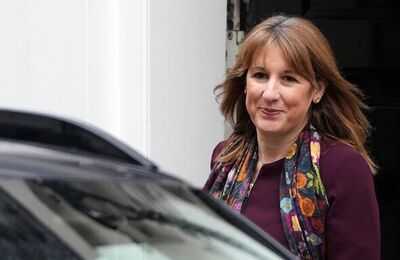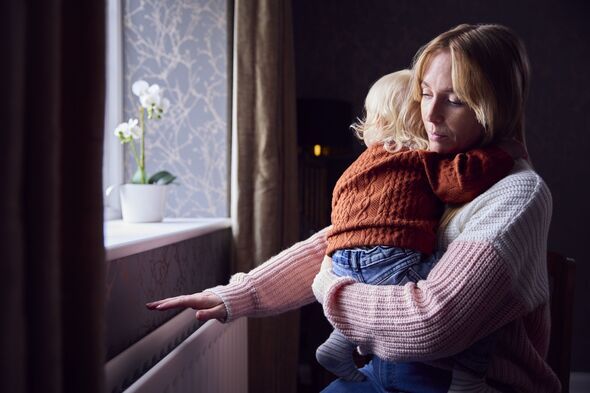
New research has suggested that millions of Brits are already struggling with rising costs before the Budget is unveiled by Rachel Reeves on November 26. A survey of 2,000 UK adults, conducted on behalf of Creditspring and nationally representative in terms of age, gender, and region, suggested that just under half of Brits (49%) say that rising essential costs are their number one Budget concern. Other issues high in the minds of households include higher energy bills and frozen income tax thresholds, which the Prime Minister, Sir Keir Starmer, failed to rule out during Prime Minister's Questions (PMQs) today.
Ms Reeves said during her Budget speech last year: "I have come to the conclusion that extending the threshold freeze would hurt working people. It would take more money out of their pay slips. I am keeping every single promise on tax that I made in our manifesto, so there will be no extension of the freeze in income tax and National Insurance thresholds."

In addition, the research suggested that more than four in five (84%) Brits have been hit by an unexpected cost in the past year, with car repairs (£518 on average) and home repairs (£618) leading the list.
One in four households (25%), meanwhile, would have to borrow or cut back just to cover an unexpected hit of between £200 and £500.
One in five (21%) faced a vet bill averaging £457, and 8% had to cover the cost of a funeral or memorial at a cost of more than £1,000 on average.
For those who moved house or lost their job, the financial hit was even greater, with these unexpected changes costing £1,688 and £1,343 respectively.
Tamsin Powell, Consumer Finance Expert at Creditspring, said: "For many households, it's not just the big financial moments that cause strain. It's the everyday shocks that quietly chip away at people's stability.
"Whether it's a broken boiler, an urgent car repair or an unexpected vet bill, these costs can quickly derail a household budget, especially in the run up to Christmas.
"With the Budget approaching, the Government must consider how to better support people who are already living close to the edge.
"Access to safe, affordable credit and stronger financial education are essential tools to help households weather these shocks and avoid spiralling into problem debt."
Earlier today, Ms Reeves said she was planning to make "fair choices" at the upcoming Budget to help further cut the cost of living.
"This fall in inflation is good news for households and businesses across the country, but I'm determined to do more to bring prices down," she said.
"That's why at the Budget next week I will take the fair choices to deliver on the public's priorities to cut NHS waiting lists, cut national debt and cut the cost of living."